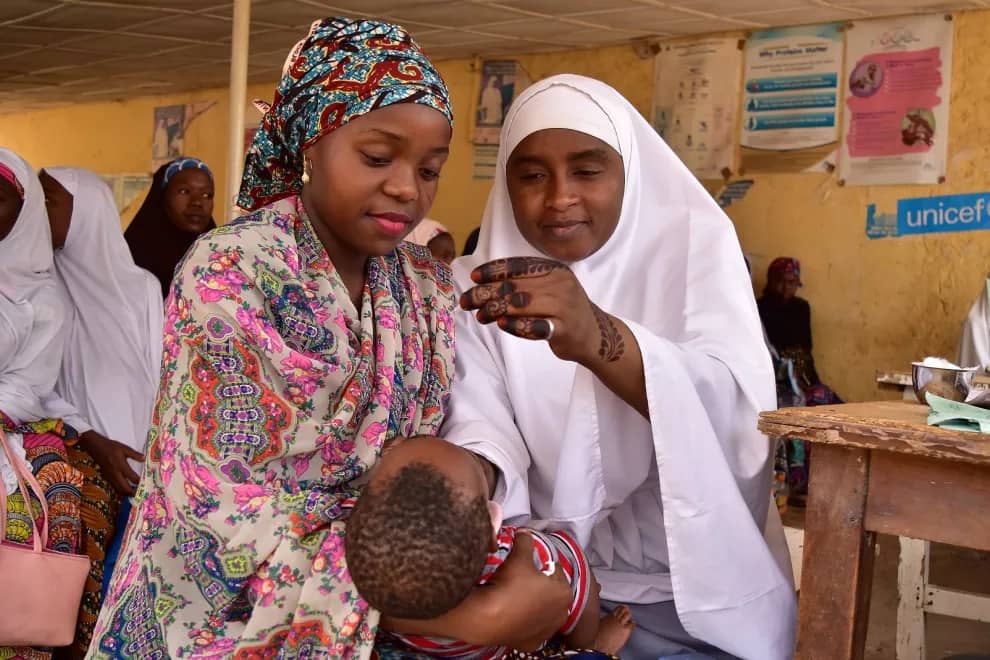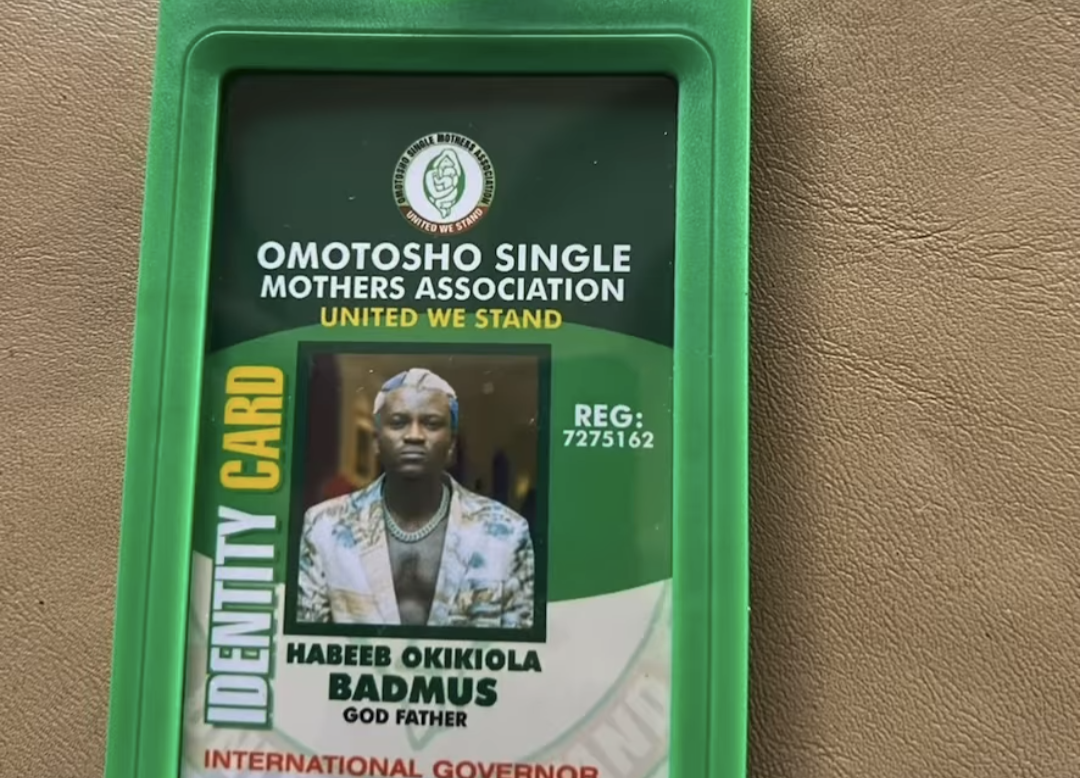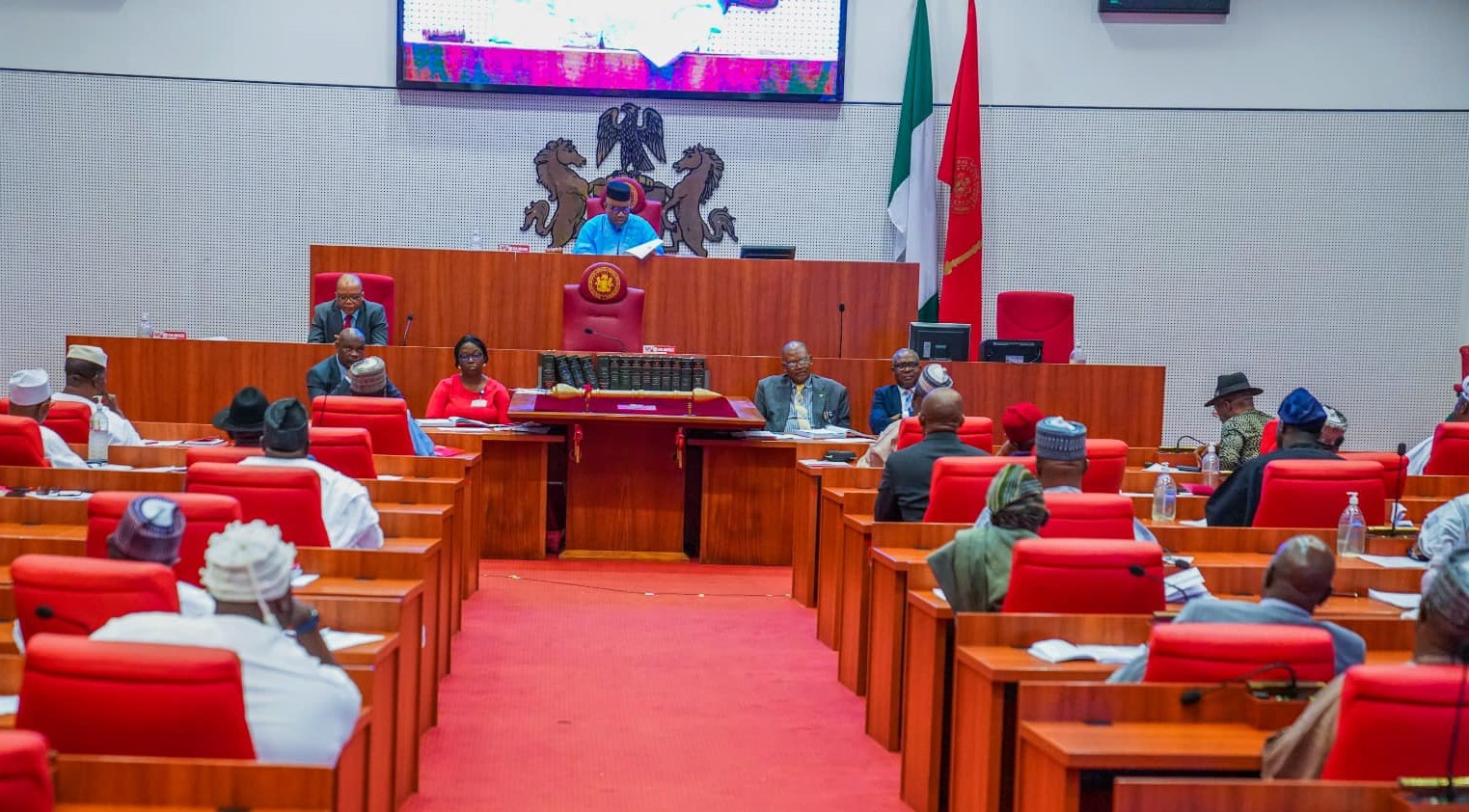Vaccination: Tightening loose ends in Nigeria amid fresh hope
It took about 20 kilometers to drive from Nasarawa GRA, Kano to Tsamiya Babba in Gezawa Local Government of the state on May 29 to see the outpouring of women to the Basic Health Centre to get children under 0 to 5 years vaccinated. It was an impressive turnout, which 52-year-old Hajiya Halimat Aliyu Yunusa, a community health extension worker, explained as a routine every Wednesday. A hundred vaccinations are targeted weekly, although according to her, it could stretch to more in some weeks, depending on how many the needy get. But in no week has the number of vaccinated children fallen below 30. In a month, the number could gross up to 300 while in a year as many as 3,100 children would have been vaccinated.
At a similar facility in the Gwagwarwa area of the Kano metropolis, several people were sighted being vaccinated, although unlike at Tsamiya Babba where only children between 0 and 5 years old were vaccinated, the Gwagwarwa health centre welcomes children of older age, especially school children of between 9 and 14 years who had come for the Human Papillomavirus (HPV) infection vaccine.
But at the Tsamiya Babba centre, there was a shortage of staff to adequately cope with the multitude of needy so that no one was left waiting unnecessarily too long to be attended to. But as Hajia Yunusa also explained, efforts are being made for the shortfall by augmenting the 10 staff on the ground with 24 volunteers.
The foregoing forms the basis for the latest media dialogue organised by the Child Rights Information Bureau (CRIB) of the Federal Ministry of Information and National Orientation in conjunction with UNICEF in Kano on May 29 and 30.
Advertisement
As far as Dr. Eduardo Celades, Chief of Health, UNICEF Nigeria, who spoke extensively during the dialogue on the long journey that vaccine and vaccination have coursed through, especially in the last 50 years was concerned, there is no alternative for vaccination to guarantee immunization for all Nigerians across ages. The fact that over 10 billion lives have been saved worldwide within the period further drove home his “no alternative” submission.
Although Celades admitted that the 70 percent success achieved by child vaccination in northern Nigeria so far deserves commendation, he nonetheless also admitted that the success should rather be treated as a process than an event as more challenges still lie ahead in the fight against killer diseases among children and adolescents. According to him, the record of “non-compliance” to vaccination which stands at 111,000, in addition to 31, 000 kids that have remained unvaccinated, brings about deep worries that by 2029, a greater number of children would not have gotten vaccinated.
Celades was unequivocal in his submission that vaccines save lives. He was in the thick of action when diphtheria broke out in Kano in 2023, affecting more than 10, 000 children, and saw firsthand how a collective action saved an unpleasant situation from getting worse, especially in remote areas of the state where accessibility was problematic. It is for this that he is preaching a collective action once more to get more and more Nigerian children vaccinated through the sustained effort of religious and community leaders, celebrities and the media.
Advertisement
As much as the UNICEF health chief believed in the possibility of stopping hesitancy to vaccines among Nigerians and having their mentality reset, he stood opposed to legislation against individuals who seek deliberately to dissuade compliance to vaccines, saying providing the individuals with facts on the vaccines would work faster than legislation. But, above all, he believed Kano State is more primed to lead the way for other 35 states to follow in compliance with vaccines.
Celebrity artiste of the Kannywood fame, Ali Nuhu, who also attended the two-day media dialogue as a UNICEF champion, counselled the media that more success on vaccination would be achieved if they focus more on those who are hesitant to the life-saving vaccines than others that have accepted them.
Chisom Obi-Jeff, a health research expert at Brooks Insights, Nigeria, who presented a paper titled “Vaccine hesitancy and their effects on communities in Nigeria” and who identified lack of knowledge and information about vaccination as the main reason for non-vaccination in the country, also tasked the media to co-create promotive and tailored campaigns with target population with a view to broadcasting same in their mediums, develop and disseminate testimonials from vaccinated individuals, identify and engage trusted community messengers, advocate to government to invest in trust-building interventions and track rumours online and in the community.
Dr. Celades did not speak in a vacuum when he said “Kano State should lead the way” in ensuring that especially all Nigerian children get vaccinated. The population of the state which stands at over 15 million people is one point. The politics of the state is entirely another point. As UNICEF’s Chief Field Officer, Kano State, Mr. Michael Banda, said at the dialogue, the challenges of successive governments in the state since 2012 have constituted barriers to the projected success of the world body as some programmes have had to be restarted at the start of a new government, no matter how far the previous progress had gone.
Advertisement
Despite everything, however, Kano State has not performed badly over the years. In 2021 alone, the state government targeted over three million children for vaccination against polio, educating the people with the theme “it is a vaccination that prevents diseases”. In the same year, an all-female team of health workers was trained by the Hotoro North Local Government Health Centre in the state to change the low immunization rate in their community and the effort recorded one of the highest improvements in vaccination rates of children. For effect, they also ensured that a proper tracking mechanism was put in place, with a register and health cards to monitor the immunization schedules of mothers and children.
Dr. Celades said that all the stages of vaccination must be followed to ensure a wholesome result, although he admitted that only sustained education and awareness campaigns can guarantee success in this particular aspect. The good news he delivered to the audience at the dialogue, that UNICEF is working closely with the Federal Ministry of Health and specifically the Health Minister Prof. Muhammad Ali Pate to establish two primary health care centres in each ward of Nigeria appears to be a long-term plan. But it must be attainable if the goal is to ensure future sound health for the country in all sectors.
Add a comment







